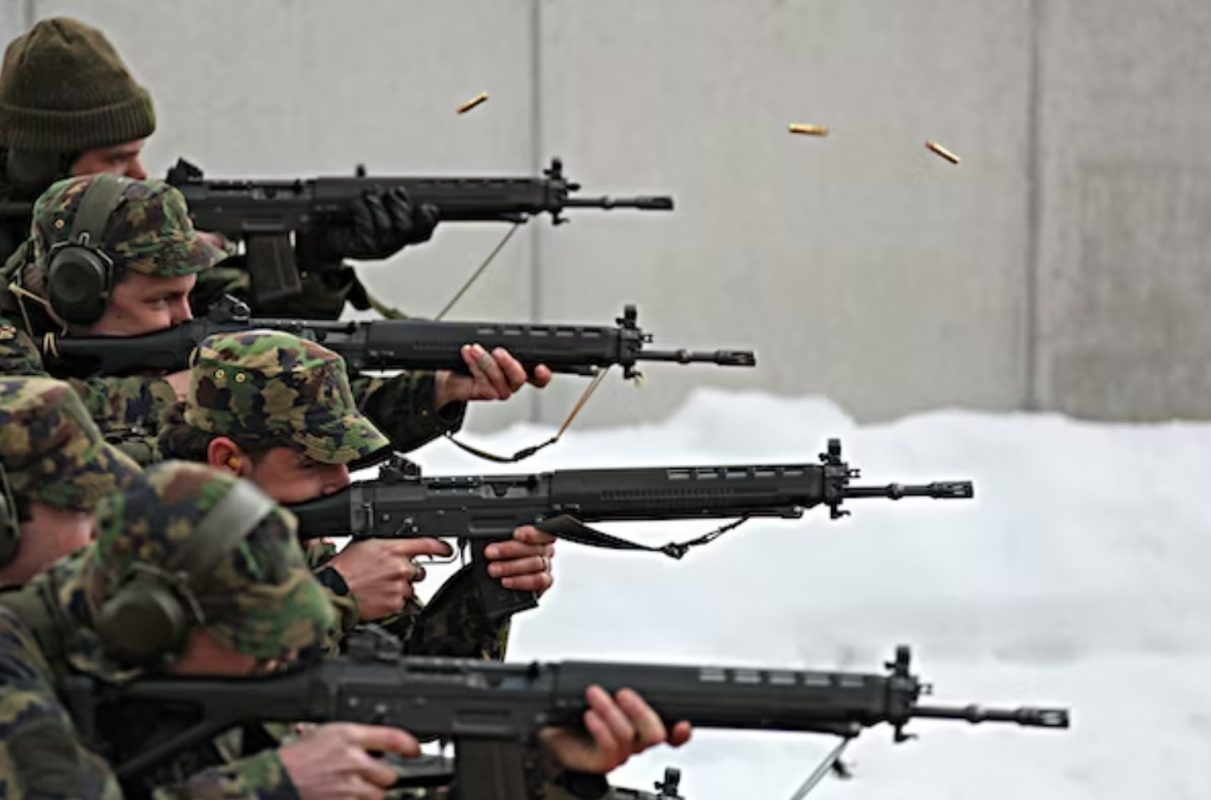In the realm of military service, every detail counts, and one crucial factor often examined is color vision. Colorblindness, a common condition affecting millions worldwide, raises questions about military eligibility. This article dives deep into the truth about colorblindness testing in the military, dispelling myths and uncovering the realities.
The Importance of Vision in the Military
Vision is crucial in the military. It’s not just about acuity, color perception also plays a key role. Here’s why.
Visual Tasks in the Military
Military personnel often engage in activities that require accurate color perception. This can be as simple as differentiating between uniform codes or as critical as reading color-coded maps during tactical operations.
The Role of Color Perception
The effectiveness of many military operations relies on accurate color perception. Military personnel often make split-second decisions based on visual cues which, in some scenarios, can be the difference between life and death.
Military Colorblindness Testing
Understandably, visual acuity and color perception are regularly tested in the military. The most common tests used are the Ishihara Test and the Farnsworth Lantern Test.

The Ishihara Test
The Ishihara Test is the most common color-blindness test. Individuals are presented with a plate containing dots of various colors and shades and asked to identify a specific pattern in the chaos.
The Farnsworth Lantern Test
The Farnsworth Lantern Test assesses color vision in more realistic, low-light situations. It is often used to replicate the conditions personnel might experience while on night missions.
Implications of Colorblindness in Military Service
So, what does it mean to be colorblind in the military? Let’s discuss the opportunities, restrictions, and adaptations the military persons deal with in this part.
Opportunities and Restrictions
Contrary to popular belief, a colorblindness diagnosis doesn’t automatically disqualify individuals from military service. However, it can limit the roles they can take on. Role appropriateness is determined after testing and in accordance with the specific visual demands of the position.

Coping Mechanisms and Adaptations
Despite these implications, some colorblind servicemen and women have found ways to cope and remain effective in their roles. Some use memory and pattern recognition, while others rely on colleagues’ assistance.
Conclusion
Colorblindness testing in the military is crucial to ensure the safety and effectiveness of personnel and operations. While being colorblind can present challenges, it doesn’t necessarily bar individuals from serving their country. With understanding and adaptations, colorblind military personnel can lead impactful careers.

